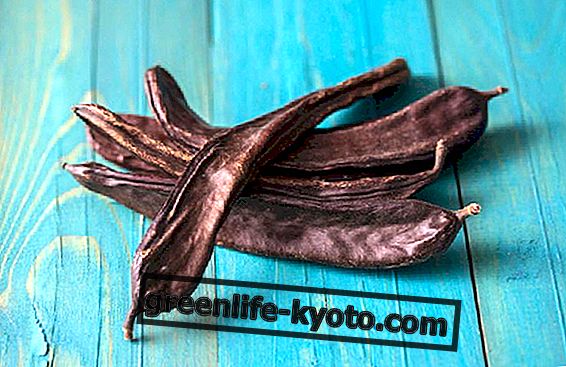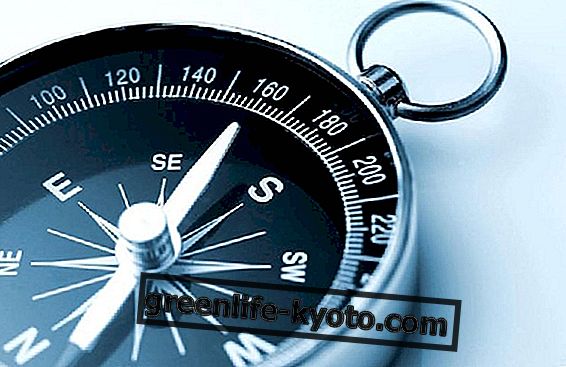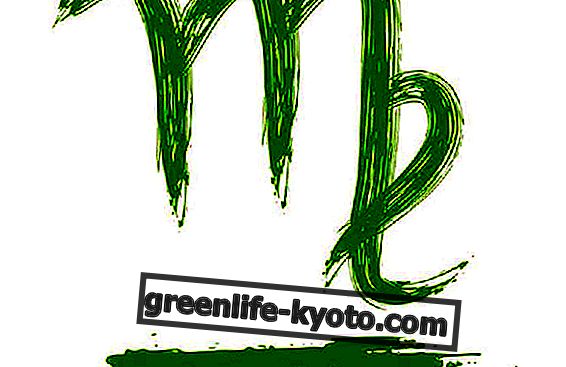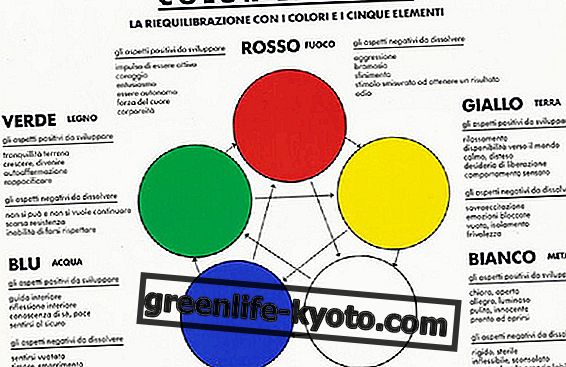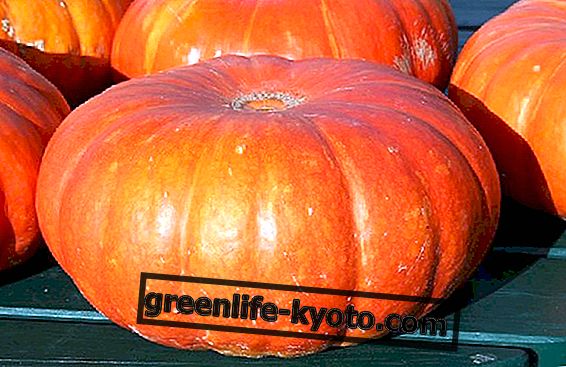Curated by Maria Rita Insolera, Naturopath
The Gentian has marked therapeutic properties on the digestive system. In fact, it is a stimulant of gastric, digestive, tonic, anti-fermentation, vermifuge, stomachic, febrifuge and depurative functions. Let's find out better.

Properties and benefits of the Gentian
Gentian contains amarogentan a, a bitter substance, and other active ingredients including gentianine (alkaloid), gentisine (coloring substance) and gentiopicrina (glucoside).
These constituents act on the digestion and production of gastric mucus, increase the amount of gastric juice because they influence the secretion of chlorine and peptins from the stomach and the motility of the digestive tract.
Mucilages, essential oils and enzymes are present in fair quantities. Due to its content of active ingredients, gentian is recognized as a digestive action, stimulating the gastric functions, tonic, anti-fermentative, useful for stomach problems, intestinal parasites and fever.
Gentian is also useful against fatigue and anemia, so it is used to recover from long convalescences and as a defense against infections .
Method of use
Of the Gentian , the dried root is used in infusion or the dry extract, the mother tincture or the hydroalcoholic extract. The fresh gentian root is poisonous, which is why it is used dried.
Gentian, if taken before meals, is useful to stimulate the production of gastric juices and therefore to promote digestion . In some cases, when a very abundant meal is taken, the gentian can be used even after eating.
Gentian has always been used also as a remedy for fever and in case of wounds to accelerate the healing process.
Gentian is useful against anorexia and general fatigue, while in natural cosmetics it is used as an infusion to clean oily skin .
The gentian among the remedies against inappetence: discover the others
Contraindications of the Gentian
Gastric hyperacidity and abdominal cramps may appear after taking gentian. It is not recommended for use in pregnant women, where high doses of gentian could damage digestion and cause vomiting.
It is also contraindicated in cases of gastroduodenal ulcer, acute gastritis, gastric hyperacidity, hiatal hernia and esophagitis. Do not consume the fresh gentian root as it is poisonous.
Description of the plant
The Gentian major ( Gentiana lutea ) is a perennial plant, belonging to the Gentian family. It is a plant from 50 cm to 1.30 m tall, with an erect, glaucous stem, with broad and oval leaves .
Gentian has small, yellow flowers that appear in the summer. Its root has a strong and recognizable smell and a bitter taste.
Habitat of the Gentian
Gentian prefers calcareous soils and high altitude meadows and, although it is not very easy to find, it grows spontaneously in mountainous areas characterized by a high acidity of the land.
Currently, spontaneous harvesting is regulated in many regions because it is a protected species.
Background
The term gentian has very ancient origins and probably derives from Genzio, king of Illyria, who was the discoverer of his medicinal virtues .
Gentian was very popular among the Romans, and its spread began when its natural properties were discovered to treat intestinal disorders and worms.
